South Florida Roofing Specialists You Can Count On
The roof is a vital component of any home, offering protection against weather and external elements. When it comes to maintaining your roof, whether through inspections, repairs, or full replacements, relying on a seasoned roofing professional is crucial. Experienced contractors have the skills to detect underlying problems that may not be immediately visible. They can also advise on the best materials suited to your home’s needs and ensure all work complies with local codes and safety regulations. Without proper expertise, small mistakes can result in costly leaks or structural damage. Choosing a qualified roofer guarantees that your roof is built to withstand South Florida’s unique weather conditions and provides lasting security.
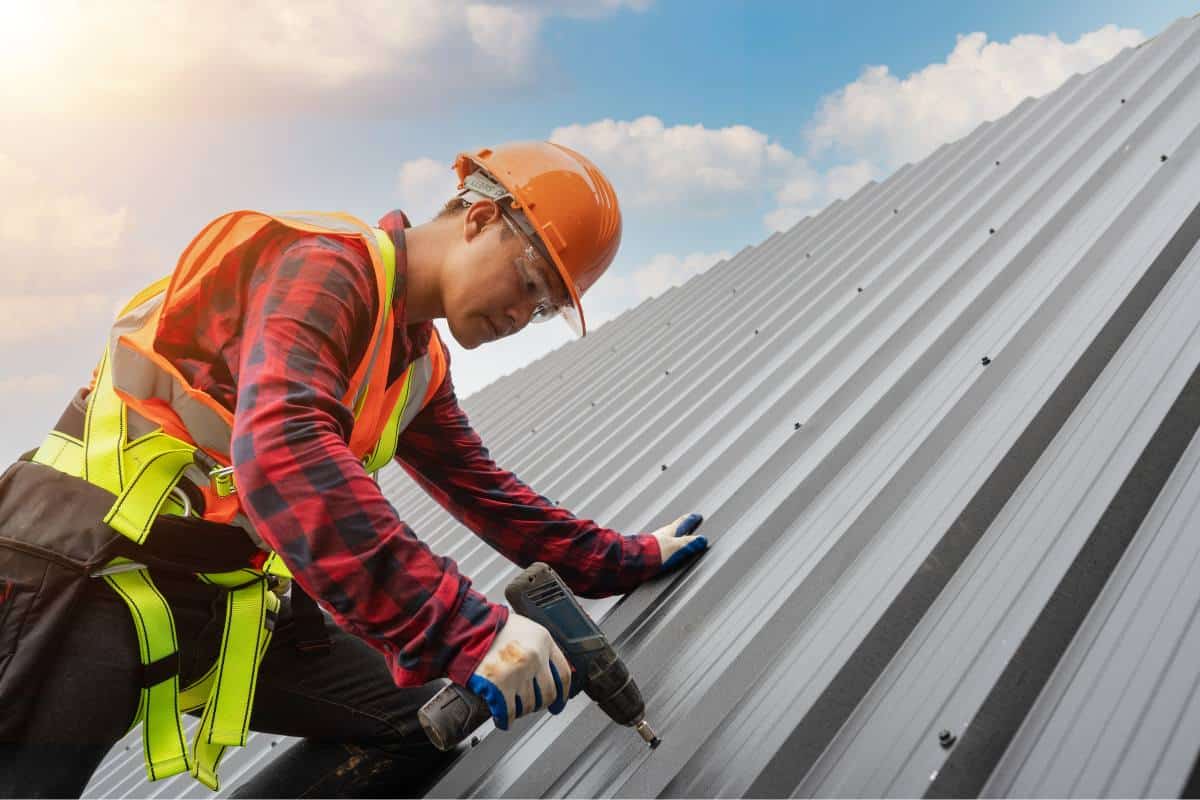
Residential Roof Repair Florida
At SK Quality Roofing, we understand that a damaged roof can be stressful, especially when it threatens the safety and comfort of your home. As a trusted residential roof repair company in Florida, we offer expert services to address leaks, cracks, or any other roofing issues you may face. Whether it’s a minor repair or more extensive work, our team is dedicated to providing high-quality solutions that protect your home from the elements. Contact us today at (561) 276-8040 for a free consultation and let us help restore the integrity of your roof.
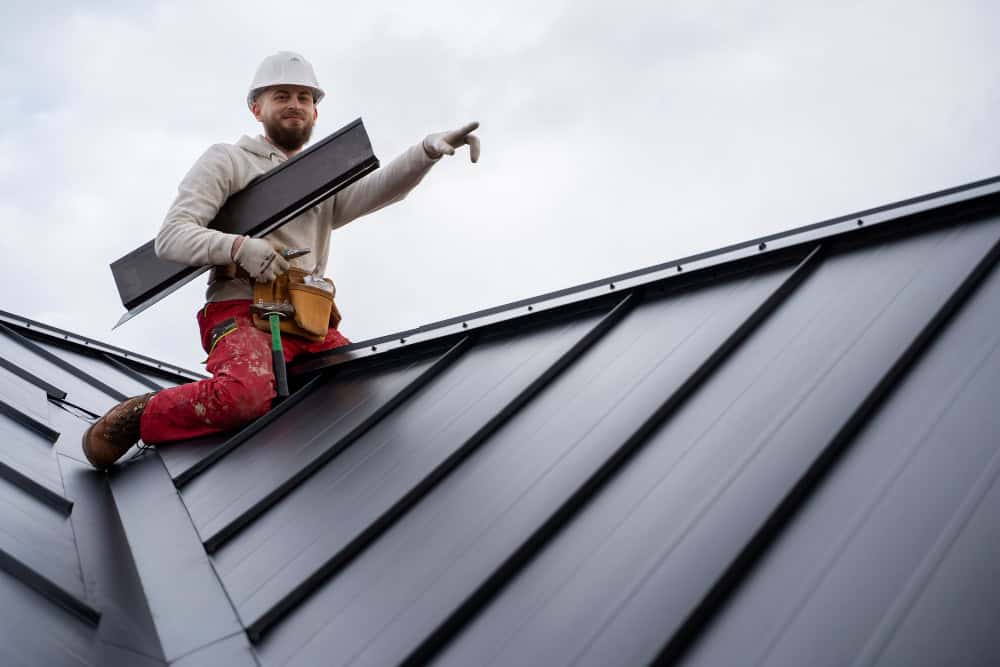
Roof Inspection Florida
Routine roof inspections are vital for maintaining the health of your roof, and SK Quality Roofing offers thorough inspections to identify potential issues before they become costly repairs. As a trusted roof inspection company in Florida, we provide a detailed evaluation of your roof’s condition, ensuring your home is protected year-round. Contact us at (561) 276-8040 for a free consultation and to schedule an inspection that could save you time and money in the future.
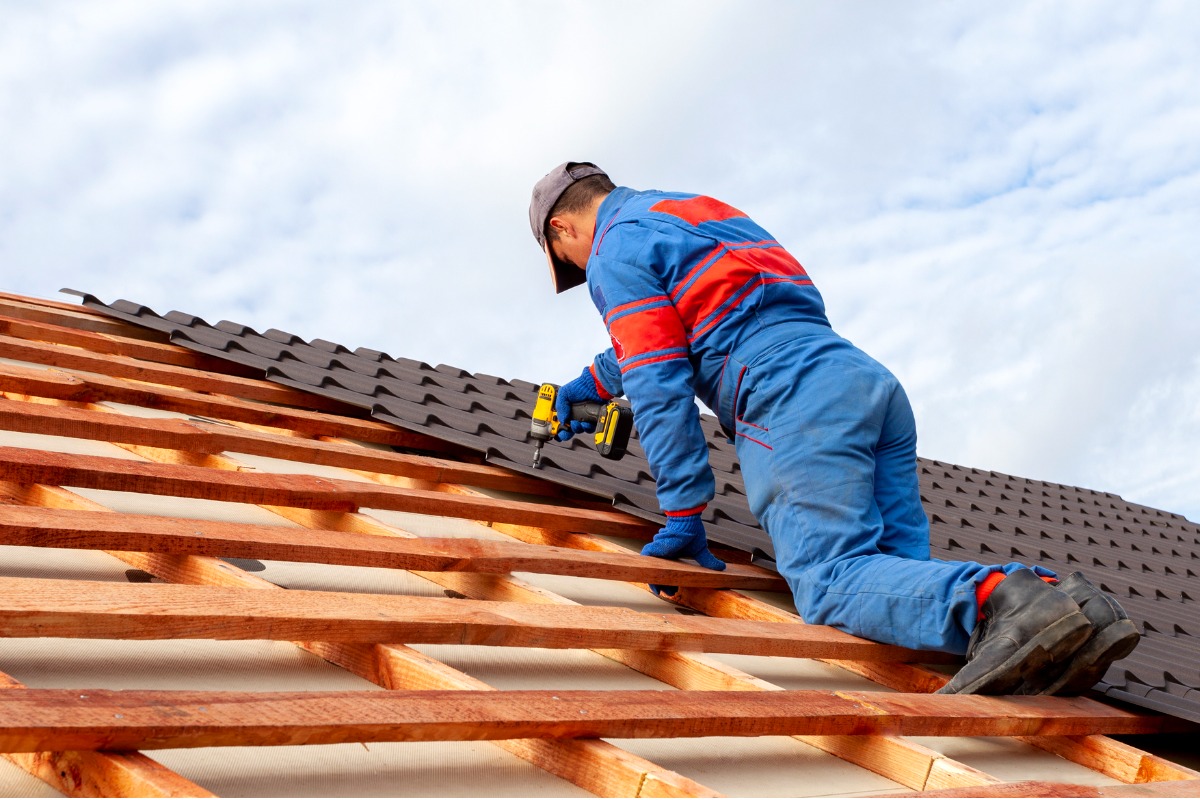
Roof Replacement Florida
When it’s time for a new roof, trust the experts at SK Quality Roofing, Florida’s premier roof replacement company. With decades of experience and a commitment to exceptional workmanship, we ensure your home is protected with high-quality materials and professional installation. Whether your roof has suffered storm damage or simply reached the end of its lifespan, we’ll guide you through the process from inspection to final shingle. Call (561) 276 8040 today to schedule your free consultation and discover the difference experience makes in residential roof replacement services.
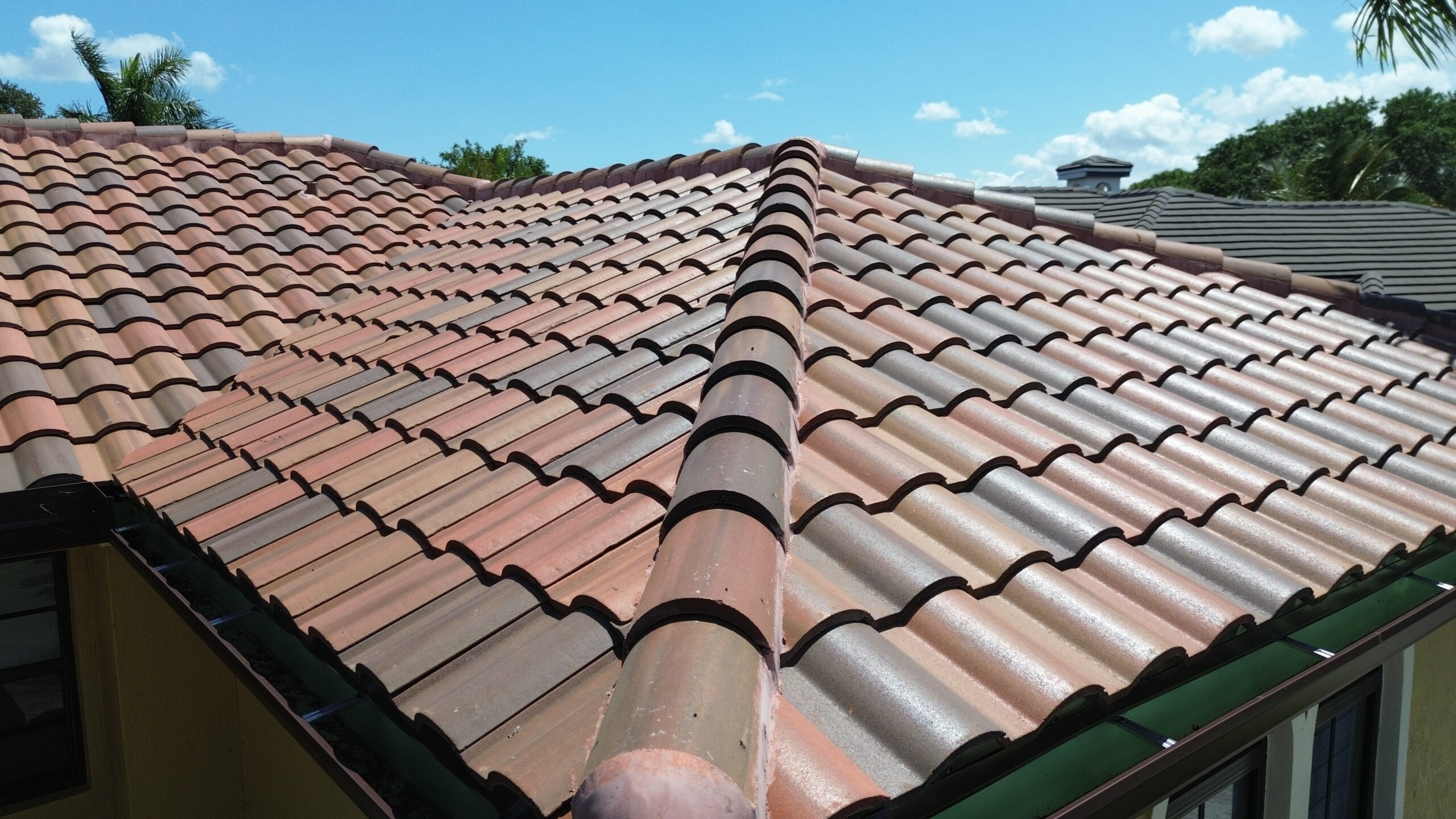
Reasons Homeowners Choose SK Quality Roofing
With over three decades of industry expertise, SK Quality Roofing combines traditional craftsmanship with innovative roofing technologies to deliver superior results. From minor fixes to complete roof replacements, our seasoned team understands the tough demands that South Florida’s climate places on roofing systems. We select only materials engineered for durability and high performance. Transparency and timely communication are cornerstones of our service approach, allowing us to build lasting relationships with homeowners and businesses. When working with SK Quality Roofing, you gain a committed partner who prioritizes safety, quality workmanship, and customer satisfaction in every project.
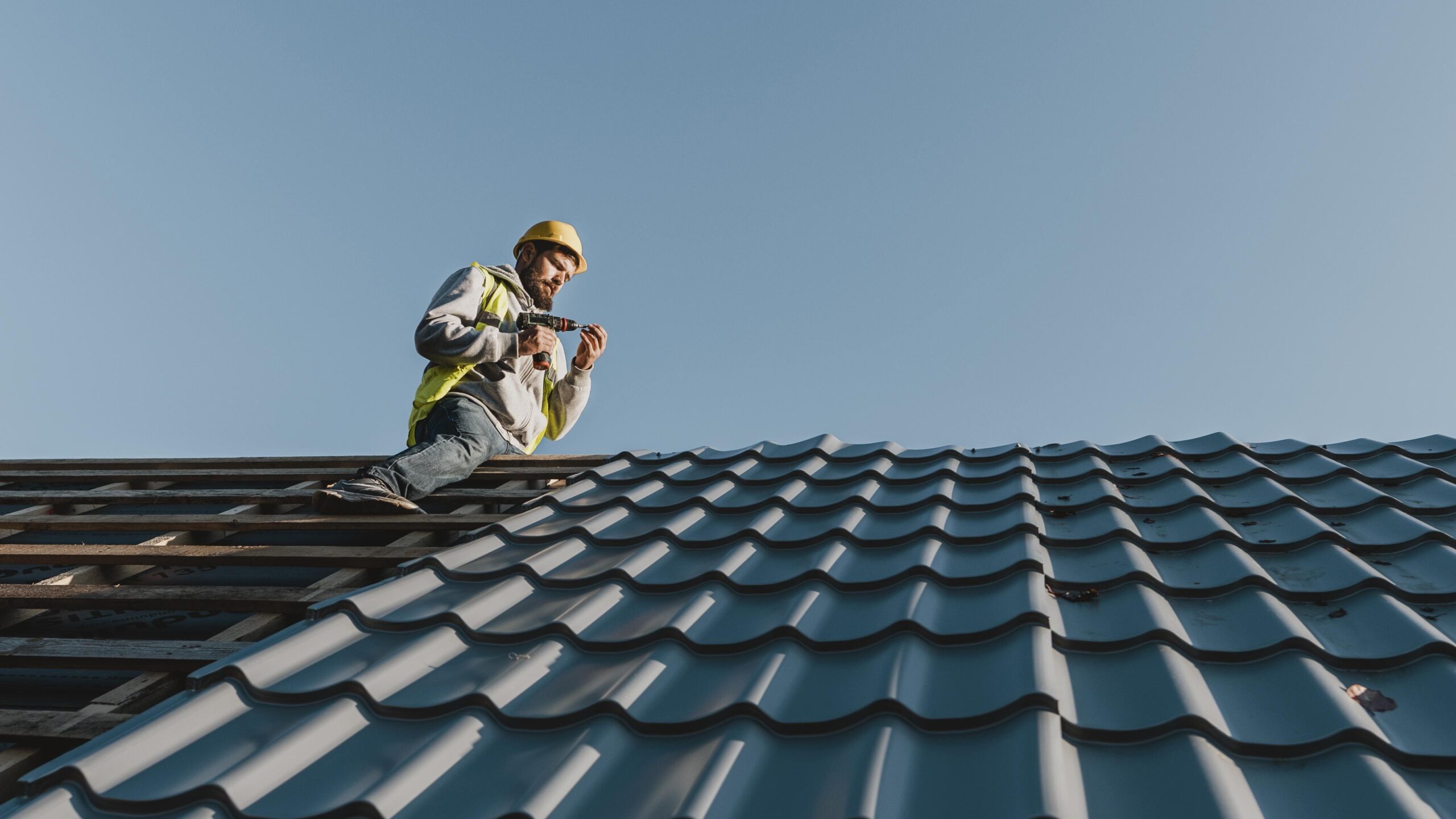
Understanding the Roof Installation Process
Installing a new roof is one of the most significant projects a homeowner can undertake. Whether you’re replacing an aging roof or completing a new construction, understanding the steps involved in the installation process can help reduce uncertainty and ensure you’re fully prepared. From initial planning to the final inspection, each phase plays an essential role in achieving a roof that is durable, weather-resistant, and built to last.
The process begins long before any shingles are laid or materials are delivered. A thorough consultation with a licensed roofing contractor is the first step. During this initial meeting, the contractor will typically assess your current roofing system, examine the structure of your home, and discuss your goals and concerns. You’ll also talk about your preferred roofing materials, budget expectations, and the desired project timeline.
An experienced contractor will be able to offer recommendations based on your region’s climate, your home’s design, and your long-term maintenance goals. At this stage, you should also receive a detailed estimate that outlines the expected costs, timeline, and scope of work. This serves as the foundation for the contract that will follow.
Once you’ve selected your contractor and agreed on the terms, the next phase involves planning and permitting. Most municipalities require permits for roof installations, especially if structural changes are involved or if the existing roofing system will be completely removed. Your contractor will typically handle this part of the process, filing the necessary paperwork and ensuring compliance with local building codes. Depending on your location, it may take several days to secure approval before work can officially begin.
Preparation is the next step and it plays a key role in protecting your home and yard during construction. Before installation begins, your roofing crew will usually take measures to safeguard landscaping, driveways, patios, and other areas surrounding the home. This might include laying down protective coverings, moving outdoor furniture, or setting up disposal containers for debris. The roofing team will also ensure that the work area is safe and that equipment is staged in a way that minimizes disruption.
With the site prepared, the removal of the old roofing system begins. This part of the process is often noisy and messy, but it’s essential for a quality installation. In a full roof replacement, contractors strip away the old shingles or tiles, remove underlayment, and inspect the roof deck beneath. If the wooden decking is rotting, water-damaged, or weakened in any way, it must be repaired or replaced before any new materials are added. Skipping this step or attempting to roof over existing damage can lead to significant issues down the line, including leaks and structural concerns.
After the deck is prepped and any necessary repairs are completed, the next phase is installing the underlayment. This is a critical protective layer that sits between the decking and the outer roofing material. It acts as a secondary barrier against water infiltration, particularly in areas with heavy rain or snow. In many regions, building codes now require synthetic or waterproof underlayment for added protection and improved performance. Depending on the roof type and slope, additional features such as ice and water shields may also be installed at vulnerable points like valleys, eaves, and around chimneys.
Once the underlayment is in place, the roofing team begins installing the primary roofing material. Whether you’ve chosen asphalt shingles, metal panels, clay tiles, or synthetic slate, this phase is where the visible part of your roof takes shape. The materials are installed according to the manufacturer’s specifications and local code requirements. For example, shingles are typically installed starting from the bottom edge of the roof and layered upward to ensure proper water runoff. Each material has its own fastening and overlapping method that must be followed precisely to ensure a weather-tight seal.
During this installation phase, flashing is also added to areas where the roof meets vertical surfaces such as walls, skylights, vents, and chimneys. Flashing is usually made of metal and is designed to direct water away from these junctions to prevent leaks. Proper flashing installation is one of the most important aspects of roof construction, and even a small oversight here can lead to water infiltration and damage over time.
Ventilation is another crucial component addressed during installation. A well-ventilated roof helps regulate attic temperature, prevents moisture buildup, and extends the life of both your roof and your HVAC system. Ridge vents, soffit vents, and other ventilation components may be installed or updated as part of the process. Proper airflow beneath the roofing system also helps reduce the risk of ice dams in colder climates and prevents heat-related damage in warmer regions.
Once the primary roofing material and all accessories are installed, the crew will conduct a thorough cleanup of the property. Roofing projects can generate a significant amount of debris, including old nails, shingles, underlayment, and packaging. Professional contractors take care to clean up the job site meticulously, often using magnetic tools to pick up stray nails and ensuring that the area looks as good as—or better than—it did before the project began. In addition to exterior cleanup, the team may also inspect your attic space to ensure no materials or debris have entered your home.
A final inspection marks the closing phase of the installation process. The roofing contractor will examine every aspect of the job to confirm that all materials were installed correctly and that the roof is performing as expected. In some areas, a municipal building inspector may also conduct an inspection to ensure code compliance and structural integrity. If any issues are identified during the inspection, they are addressed promptly to ensure the roof meets the highest standards.
Once the work is approved, your contractor will walk you through the final results. You’ll typically receive documentation that includes warranty information, product details, and maintenance guidelines. Many roofing systems come with manufacturer warranties covering defects in materials and workmanship, while the contractor may also offer a separate labor warranty for their installation work. Understanding the terms of these warranties is essential for protecting your investment and knowing what to expect should problems arise in the future.
Installing a new roof is a multi-step process that involves careful planning, skilled labor, and attention to detail at every stage. Although the process can be disruptive and sometimes noisy, it’s a temporary inconvenience that results in long-term peace of mind. Knowing what to expect during each phase can help you prepare, ask the right questions, and feel more confident in the choices you make. When done properly, a new roof enhances your home’s safety, improves energy efficiency, and increases its value—making it one of the most worthwhile improvements a homeowner can invest in.
Learn Our FAQsExpert Roofers in Your Neighborhood

